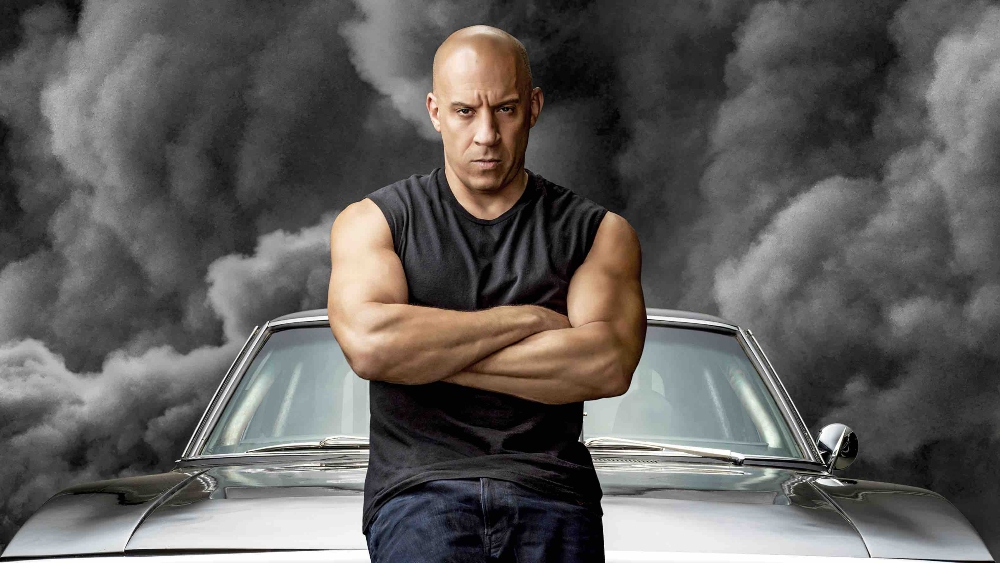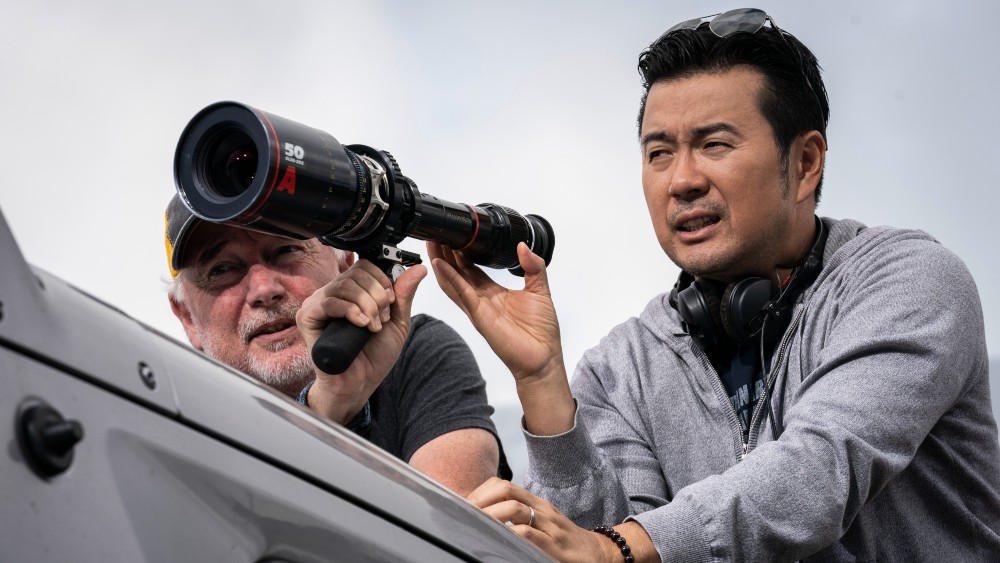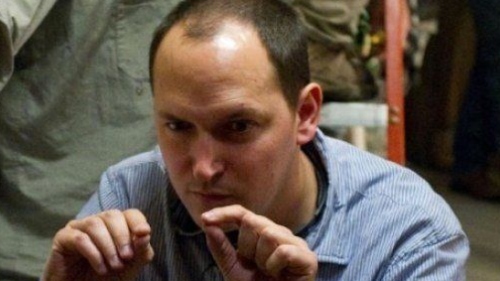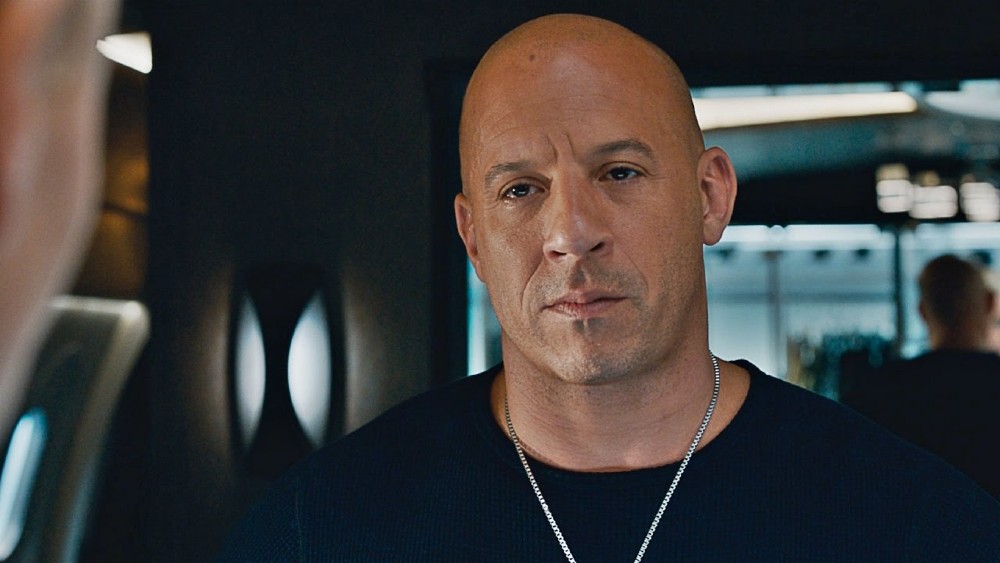
By now you’ve heard the news that Justin Lin has departed from the latest entry in the Fast & Furious franchise, which I believe is known as Fast X, because of course it is. The man who almost singlehandedly resurrected the franchise and has directed five of the first nine movies in the so-called Fast Saga simply had enough and walked off the set just one week into filming, only to be quickly replaced by studio yes man/hack Louis Letterier (The Incredible Hulk). While Lin will still be credited as both a writer and a producer on this new film, he gives up what is almost certainly an enormous paycheck that would have been his had he toughed it out and remained in the director’s chair.
A day or two after the announcement dropped, more news trickled out about Vin Diesel being to blame for Lin’s departure, though that hardly came as news to anyone who has followed the behind-the-scenes drama that has plagued this franchise at nearly every turn, or saw the Instagram video Diesel posted in which Lin’s enthusiasm couldn’t have looked more forced.
According to reports, it turns out that Diesel, who already chased mega-star Dwayne Johnson away from the series, decided that he didn’t need to show up to set on time, let alone know his lines or be in shape. Lin clearly knew what he was getting into with Diesel after making four movies together (the actor had only a cameo at the end of Lin’s first Fast film, Tokyo Drift), but the actor’s bad behavior finally got to be too much, and Lin decided the best thing to do for his own mental health was to walk away.

Now, before I go on, I want to make it clear that I’m not here to mock Lin’s desire to maintain his sanity by removing himself from a project that might have a negative effect on his health and well-being. Far from it.
I am, however, going to talk about why he might have come onto the project in the first place, what exactly he was expecting to find this time around, and why he couldn’t have figured a lot of this stuff out earlier, as in, before the film actually went into physical production. That’s the part that baffles me and is worth exploring.
Lin is a pro, there’s no doubt about it, and he’s made some quality entertainment over the years — his debut feature, Better Luck Tomorrow, is terrific, and he’s done a fair amount of good TV, plus I’m one of the few who greatly enjoyed Star Trek Beyond — so his exit is puzzling. I understand that Diesel and Universal would not allow Lin to lock the script, that he was opposed to other writers being brought in during production to punch up dialogue for certain characters, and that the war in Ukraine meant having to shuffle locations in Eastern Europe. I get that this is a gigantic film, that the cost was running close to $300 million without counting the cost of a global marketing and publicity blitz, and that Lin was under a ton of pressure to deliver.
But… wasn’t that all true beforehand? Again, what did Lin think he was getting into here? Did he think that he was going to be able to control the chaos in front of him because he was the director and the person who had nursed a franchise that was dying on the vine when he showed up and turned it into the biggest one in Universal’s stable? Surely that was part of his thinking, but it makes no sense to me that he could have been so naive as to think that such a fantasy ever would have become reality with Diesel still around in the driver’s seat and his hands firmly planted on the steering wheel of this franchise.

There aren’t a huge number of directors being given nine-figure budgets these days, and there are even fewer who are handed budgets over $200 million. Considering his movies have made billions of dollars at the box office, Lin has earned his place on that roster, but he doesn’t get a pass for misjudging the situation here and, while he was at it, leaving his crew in the lurch to decide whether they were going to stick around to work with Letterier. Remember, he wasn’t fired from this gig, he walked away from it, and while his mental health and integrity are certainly important, so are the lives of the people who followed him into this. He did the classy thing by giving them all his blessing to keep working on the film, but to have put them in this situation at all was… hmmm… let’s go with irresponsible.
That’s not to say that the blame lies entirely with him. There’s more than enough to go around, as Diesel has amassed too much power and needs to be stopped before he drives the franchise into the ground, while Universal has covered for its problematic star, making excuses for him instead of supporting Lin despite his sterling track record. Because at the end of the day, filmmaking is about money, not family. Recall the ugly war of words the studio had with longtime Fast and Furious producer Neal H. Moritz regarding profits he felt entitled to from the spinoff Hobbs and Shaw.

I have said previously in this space that there is really only one, true movie star left who can bring a studio to heel and fully control the work he’s doing and how it’s going to be presented to the world. Spoiler alert! Vin Diesel is not the person I was talking about when I wrote that. No, that was Tom Cruise, who continues to work on Mission: Impossible — Dead Reckoning Part Two without having finished Part One because he wants to ensure a longer theatrical window for that film before it drops on Paramount+. Good for Cruise, I say, because love him or hate him, he has earned that power and wields it responsibly.
I don’t believe that Diesel has.
Other than the Fast movies, the success of which he cannot possibly be given full credit, and his appearances in the Marvel Cinematic Universe as Groot, which are certainly entertaining but not major audience draws, what exactly has Vin done that has elevated him to the point where he can ignore a level of commonly accepted professionalism and scare off a director who has unquestionably helped him maintain his own stardom? I can’t imagine what it was like for Diesel to lose his Fast partner Paul Walker, but he could’ve been a bit more welcoming toward Johnson and he shouldn’t find himself rewarded for his bad behavior by a studio that believes it needs the second-rate star as a franchise anchor.
That, ultimately, is what this is about. Universal has painted itself into a corner and is willing to turn a blind eye to Diesel’s diva demands so as to make sure its latest tentpole stays on course for a 2023 release. It would be sad if it weren’t so exasperating.
 Neil Turitz is a journalist, essayist, author, and filmmaker who has worked in and written about Hollywood for nearly 25 years, though he has never lived there. These days, he splits his time between New York City and the Berkshires. He’s not on Twitter, but you can find him on Instagram @6wordreviews.
Neil Turitz is a journalist, essayist, author, and filmmaker who has worked in and written about Hollywood for nearly 25 years, though he has never lived there. These days, he splits his time between New York City and the Berkshires. He’s not on Twitter, but you can find him on Instagram @6wordreviews.
You can read a new installation of The Accidental Turitz every Wednesday, and all previous columns can be found here.





